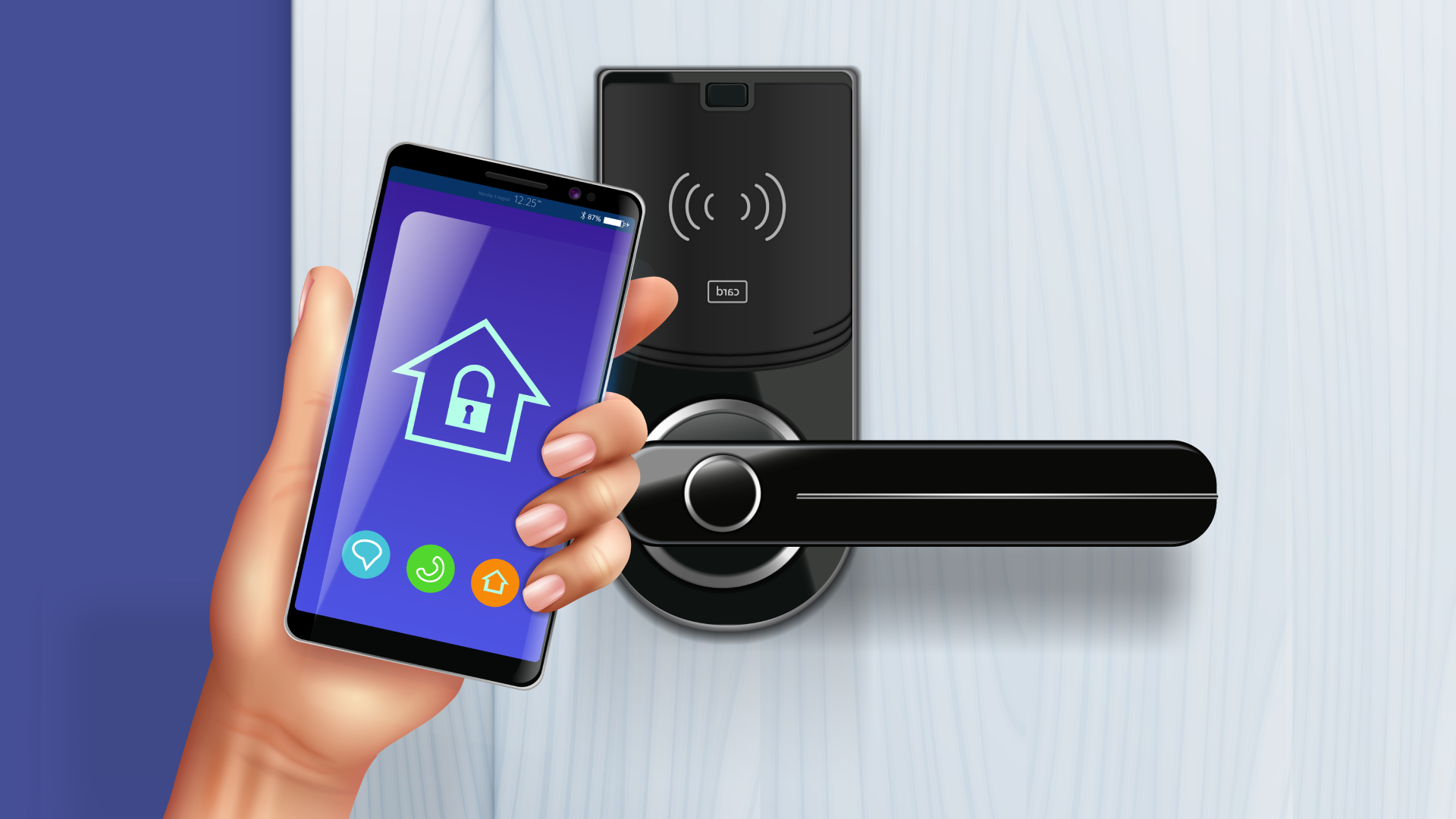
1. Understand Your Security Goals
The first step to choosing the right Home Security system is identifying what you're trying to protect and why. Are you most concerned about burglary, package theft, fire, or general surveillance? Understanding your security priorities—whether it’s monitoring the front door, securing all entry points, or ensuring your family’s safety—will help narrow down your options to systems that meet your exact needs.
- Burglary Prevention: Focus on door/window sensors, motion detectors, and alarms.
- Fire and Carbon Monoxide Protection: Consider integrated smoke and CO detectors.
- Remote Monitoring: Look for mobile app control and smart alerts.
2. Assess the Size and Layout of Your Home
Your home’s size and design play a crucial role in determining the type and number of devices required. A small apartment may only need a basic kit with one camera and a few sensors, while a large home might benefit from a more comprehensive system with multiple indoor/outdoor cameras, smart locks, and sensors for every access point. Also, take into account areas like garages, basements, and backyards.
- Single-Entry Homes: May only require minimal coverage at doors and windows.
- Multi-Level Homes: Should include motion sensors and surveillance on each floor.
- Outdoor Areas: Need weatherproof cameras and perimeter sensors.
3. Choose Between Monitored and Unmonitored Systems
Security systems generally fall into two categories: professionally monitored or self-monitored. Monitored systems alert a professional response team who can dispatch emergency services if needed. Self-monitored systems send alerts directly to your phone. Your choice depends on how hands-on you want to be and whether you're often home or away. Professional monitoring offers added peace of mind, especially during vacations or work hours.
- Monitored Systems: Offer 24/7 support but typically come with monthly fees.
- Unmonitored Systems: Are more affordable and allow you to handle alerts yourself.
- Hybrid Options: Some systems offer both, letting you upgrade later if needed.
4. Evaluate Smart Home Compatibility
If you're already using smart home devices like Amazon Alexa, Google Assistant, or smart lighting, you may want a security system that integrates seamlessly. Many modern systems offer compatibility with smart assistants, allowing voice control and automation. For example, you can program your lights to turn on when motion is detected or unlock your front door remotely for visitors.
- Voice Commands: Control your system using Alexa or Google Assistant.
- Automation: Set schedules or triggers for lights, locks, and thermostats.
- Mobile App Control: Manage your system from anywhere using your smartphone.
5. Check for Customization and Scalability
Opt for a system that allows you to customize your setup and expand it over time. You might want to start small and later add more cameras, sensors, or smart devices. A scalable system ensures that as your security needs grow, your system can adapt without needing a complete overhaul. This is especially important for growing families or those planning home renovations.
6. Compare Pricing and Contracts
Security system pricing can vary greatly depending on equipment, installation, and monitoring fees. Some systems require long-term contracts, while others are contract-free. Make sure to understand what you’re paying for upfront, including whether equipment is rented or purchased. Be wary of hidden fees, activation charges, and early termination penalties.
- DIY Systems: Often cheaper and contract-free, ideal for budget-conscious buyers.
- Professional Systems: May involve setup fees but offer expert installation.
- Subscription Plans: Consider monthly monitoring costs and cancellation terms.
7. Look for Reliable Support and Warranty
Always choose a security provider known for reliable customer service and product support. Check if the equipment comes with a warranty and how long it lasts. Quality support ensures that technical issues, maintenance needs, and emergency situations are handled promptly and professionally, which is vital in ensuring consistent home protection.
Final Thoughts
Choosing the right Home Security system isn’t just about buying the latest gadgets—it’s about finding the best fit for your unique lifestyle, home layout, and safety needs. Take the time to evaluate your priorities, compare options, and invest in a system that gives you both control and peace of mind. A well-chosen security system does more than deter threats—it provides comfort, confidence, and round-the-clock protection for what matters most.